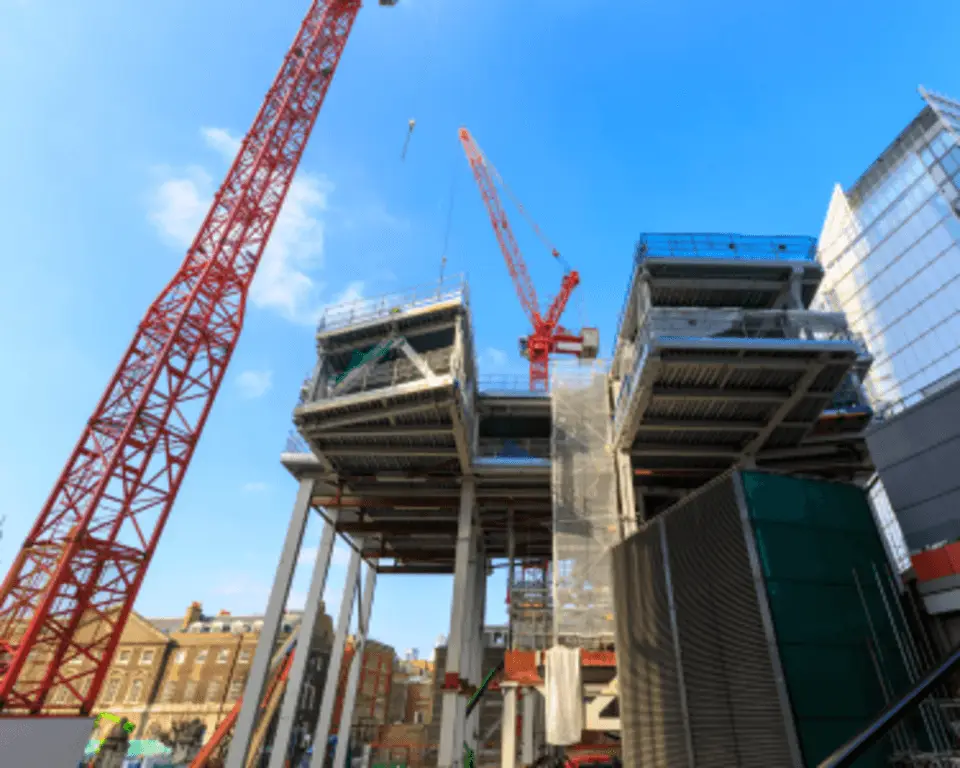The Construction Industry Scheme (CIS) stands as a crucial component of the UK’s construction sector, designed to regulate tax payments for contractors and subcontractors. Instituted by Her Majesty’s Revenue and Customs (HMRC), CIS aims to ensure tax compliance within the construction industry, promoting fairness and transparency in financial transactions. This article provides an in-depth exploration of CIS, elucidating its key features, procedures, and implications for stakeholders in the UK construction sector.
Understanding CIS:
CIS applies to construction work carried out in the UK, encompassing a wide array of activities such as building, alterations, repairs, demolition, and civil engineering. It involves two primary entities: contractors and subcontractors. A contractor, in this context, is any business that pays subcontractors for construction work. Subcontractors, on the other hand, are individuals or entities hired by contractors to perform specific tasks within a construction project.
Key Features of CIS:
1. Verification Process: Contractors are obligated to verify the employment status of subcontractors with HMRC, ensuring they are registered under CIS and have the appropriate tax status.
2. Deduction of Tax: Contractors are required to deduct tax from payments made to subcontractors at the rates specified by HMRC. These deductions serve as advance payments towards the subcontractor’s tax and National Insurance contributions.
3. Monthly Returns: Contractors must submit monthly returns to HMRC, detailing payments made to subcontractors and the tax deducted. This facilitates transparency and accountability in tax transactions within the construction industry.
4. Gross Payment Status: Subcontractors meeting certain criteria, such as a history of tax compliance, can apply for gross payment status. This exempts them from having tax deducted at source, allowing them to receive payments gross.
5. Compliance and Penalties: Non-compliance with CIS regulations can result in penalties imposed by HMRC, including fines and suspension of gross payment status. It is essential for contractors and subcontractors to adhere strictly to CIS requirements to avoid such repercussions.
Procedures Involved:
1. Registration: Contractors and subcontractors must register with HMRC for CIS before engaging in construction work. This involves providing relevant details about the business or individual, including tax information.
2. Verification: Contractors must verify the tax status of subcontractors with HMRC before making payments for construction work. This verification process ensures that subcontractors are registered under CIS and have the correct tax status.
3. Tax Deduction: Contractors deduct tax from payments made to subcontractors at the specified rates, based on their tax status and whether they have gross payment status.
4. Monthly Returns: Contractors submit monthly returns to HMRC, detailing payments made to subcontractors and the tax deducted. These returns must be filed accurately and on time to avoid penalties.
5. Gross Payment Status: Subcontractors meeting the eligibility criteria can apply for gross payment status, allowing them to receive payments gross without tax deductions.
Implications for Stakeholders:
1. Contractors: CIS places significant administrative responsibilities on contractors, including verification of subcontractors, tax deduction, and submission of monthly returns. Compliance with CIS regulations is essential to avoid penalties and maintain credibility within the industry.
2. Subcontractors: Subcontractors benefit from gross payment status by receiving payments gross without tax deductions. However, maintaining compliance with CIS regulations is crucial to retain this status and avoid disruptions to cash flow.
3. HMRC: HMRC oversees the implementation of CIS and enforces compliance through verification processes, tax deductions, and penalties for non-compliance. Effective administration of CIS ensures the integrity of tax transactions within the construction industry.
Conclusion:
The Construction Industry Scheme (CIS) plays a vital role in regulating tax payments within the UK construction sector, promoting transparency and compliance among contractors and subcontractors. Understanding the key features, procedures, and implications of CIS is essential for stakeholders to navigate effectively within the construction industry while ensuring compliance with HMRC regulations.
Having Evolution Mx, a dedicated construction accounting software makes CIS easy with automated checks, construction specific subcontractor management and a direct link to HMRC for submissions.
To find out more about how you can improve your accounting and CIS management, reach out to us for a free software demo here.



